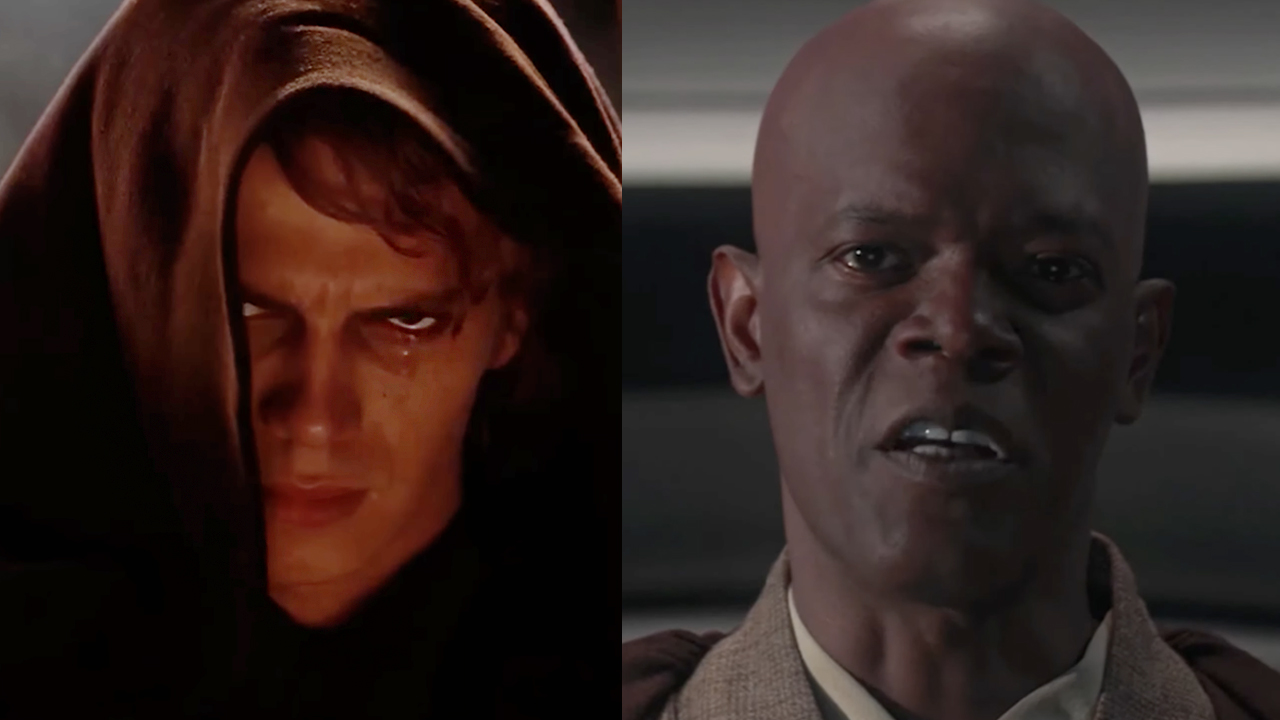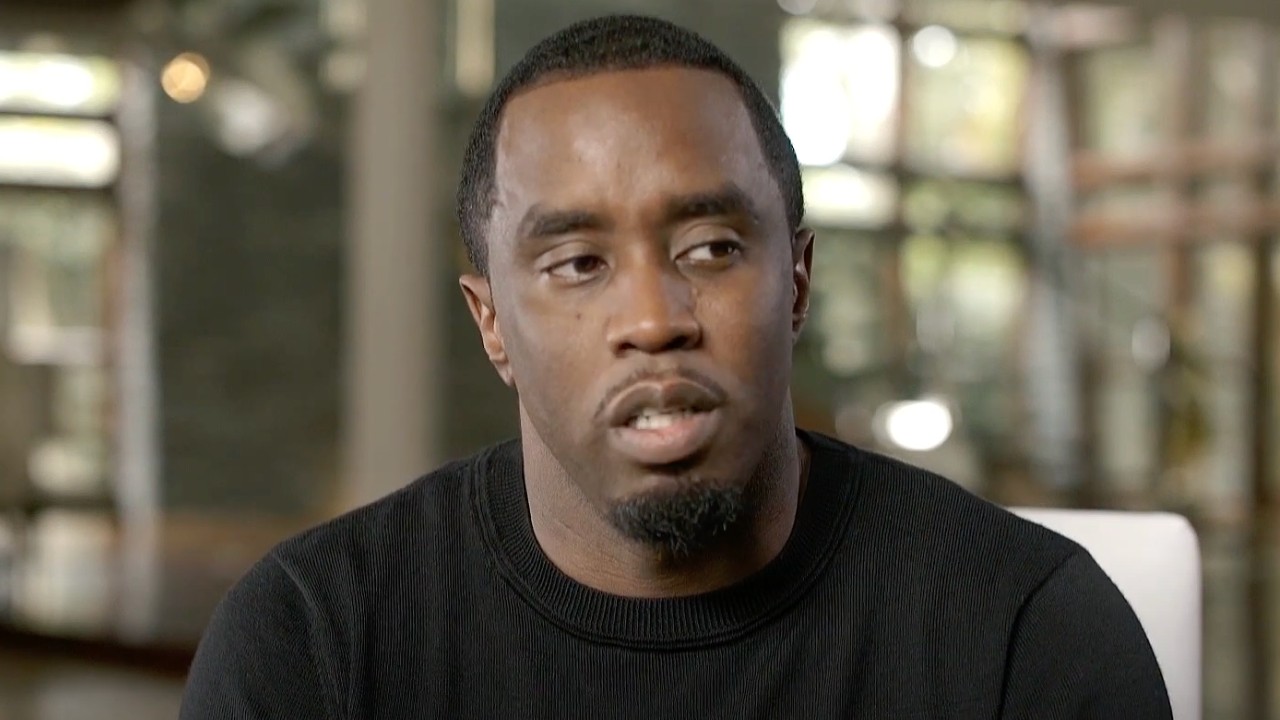Infinity Stones Cheat Sheet: What You Need To Know

The Infinity Stones are becoming an ever-more important aspect of the Marvel Cinematic Universe. Identified as the remnants of the six singularities that existed in the universe prior to the Big Bang - Space, Time, Reality, Mind, Power and Soul -- we have been slowly learning about all of them in Marvel Studios' movies for years now, and it won't be long before they are put center stage in the upcoming The Avengers: Infinity War - which will feature the Mad Titan known as Thanos working to collect all of the stones into the Infinity Gauntlet and possess the powers of a god.
But while hardcore comic book fans are fully aware of what the Infinity Stones are and what they do, there are surely many out there who are confused by all of it and have no way of keeping it all straight. That's exactly why we have created this handy little guide, which will not only explain exactly what all of the stones are, but where we first saw them in the Marvel Cinematic Universe and where they were last seen. Read on!
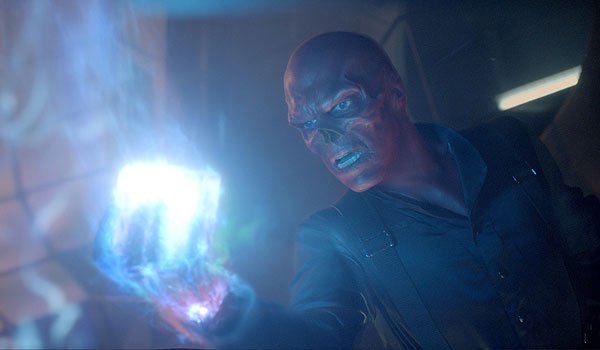
Space Stone
Where We First Saw It: Known as The Tesseract, the Space Stone was hidden for centuries on Earth in a church in Tonsberg, Norway, but in Captain America: The First Avenger we see it get stolen by Red Skull in 1942. It would later end up in the hands of S.H.I.E.L.D. (as first seen in Thor 's post-credits sequence).
Where We Last Saw It: After being stolen from S.H.I.E.L.D. by Loki in The Avengers, the Tesseract was put in a special case and transported back to Asgard by Thor (along with Loki in chains). It spent years locked away in Odin's Treasure room, but that's probably no longer the case given the expression on Loki's face when he spotted it at the end of Thor: Ragnarok.
What It Does: The Space Stone is utilized by Red Skull and Hydra during World War II as a weaponizable-energy source, but -- as seen in The Avengers - it's power is actually much greater than that. The Tesseract can actually be used to open up doors in space -- as demonstrated when Loki uses it to land on Earth and usher in an alien invasion.
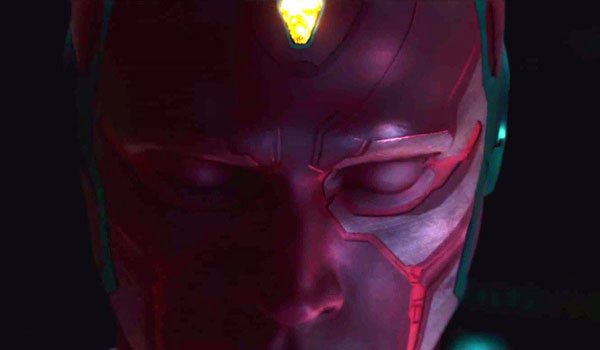
Mind Stone
Where We First Saw It: While we didn't know it was the Mind Stone at the time, this one first showed up in The Avengers when Thanos gave it to Loki so that he could lead the Chitauri's invasion of Earth. It was positioned within the gem of the God of Mischief's staff.
Where We Last Saw It: As seen in The Avengers: Age of Ultron and Captain America: Civil War, this pretty yellow ingot is now safely nestled in the forehead of Vision -- who is extremely well equipped to take care of it.
CINEMABLEND NEWSLETTER
Your Daily Blend of Entertainment News
What It Does: Since it was first introduced, the Mind Stone has actually proven to be useful in many ways, both good and bad. At first, Loki uses it to hypnotize individuals -- including Hawkeye -- to try and steal the Tesseract. Then, in the Captain America: The Winter Soldier mid-credits scene, it was revealed that the stone was actually somehow used to bring out innate powers within Wanda and Pietro Maximoff, turning them into Scarlet Witch and Quicksilver, respectively. As though, that weren't enough, Tony Stark then uses it in The Avengers: Age of Ultron to form the first ever artificial intelligence, and then his creation, Ultron, uses it to create Vision. Basically, if you need a mind created, manipulated, or changed, the Mind Stone is what you need.
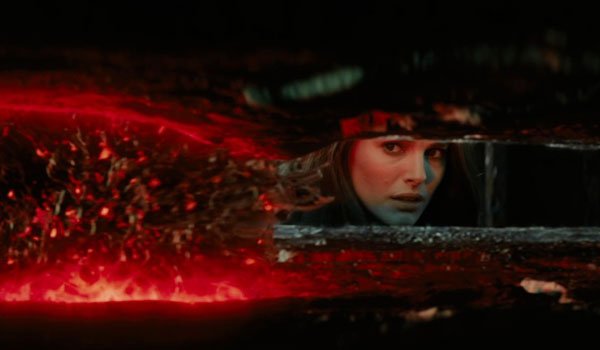
Reality Stone
Where We First Saw It: A millennia ago, the Dark Elf leader known as Malekith tried to use the Reality Stone -- also known as the Aether -- to try and return the universe to a state of eternal darkness. This plan, as seen in the opening of Thor: The Dark World, was stopped by the Asgardians, and the Aether was hidden between worlds in the hopes of never being discovered again.
Where We Last Saw It: Unfortunately, the Aether was discovered again, and after Malekith once again tried to execute his plan, Thor was able to get the red liquid ingot back into protective hands. As to prevent two Infinity Stones from being kept in the same place, the Asgardians decided to trust it to The Collector (though he doesn't actually seem all that trustworthy).
What It Does: Though the rules surrounding the Reality Stone are perhaps the most unclear of the revealed Infinity Stones thus far, one thing is pretty damn clear: the sucker is powerful. More than just creating space portals or controlling individual minds, this thing has the inherent ability, under the right circumstances, to flick off the universe like a light switch and effectively change reality.
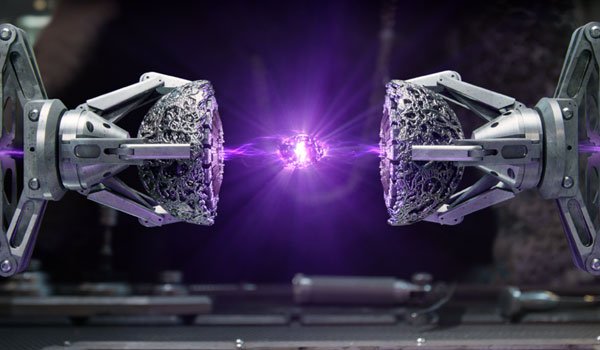
Power Stone
Where We First Saw It: It is Guardians of the Galaxy's Star-Lord who first introduces us to the Power Stone, successfully finding it contained within an Orb on the deserted planet Morag. Of course, he is not the only one looking for it.
Where We Last Saw It: Though the orb did wind up in the hands of the evil Ronan The Accuser for a while, the Guardians of the Galaxy were inevitably able to get it back from him, harness the power of the stone, and destroy him. Keeping it out of the hands of the Ravagers, Star-Lord then gave the purple ingot over to the Nova Corps, who are keeping it within a vault on Xandar.
What It Does: The Power Stone can really only be wielded by incredibly strong and powerful beings -- or at least several semi-strong and powerful beings at the same tie. As seen in multiple instances in Guardians of the Galaxy, though, if it is controlled then the person who holds it can do some seriously destructive stuff. A video screened by The Collector shows that it was once used to completely wipe out an entire planet.
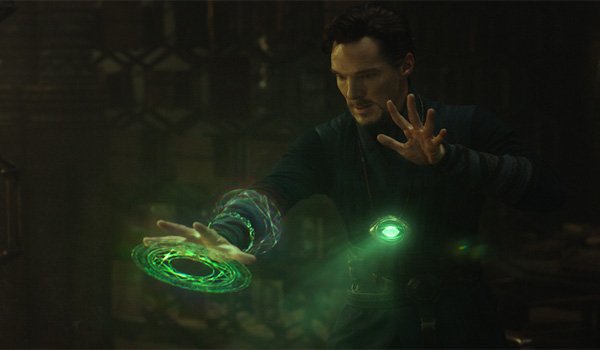
Time Stone
Where We First Saw It: The most recently revealed Infinity Stone, featured in Doctor Strange, the Time Stone is first spotted inside the sorcerer training facility known as the Kamar-Taj. Also known as the Eye of Agamotto, it is used by The Ancient One and her followers to help protect the world from mystic threats.
Where We Last Saw It: Doctor Strange winds up wearing and using the Time Stone in a very effective matter in the final act of his first solo movie -- using it to save the world from Kaecilius' attempt to bring Dormammu and the Dark Dimension to Earth. Ultimately, however, it's decided that it's not a great idea to wear it around his neck at all times, so he puts it back where he found it in Kamar-Taj.
What It Does: As you could have guessed from the name, the name of the game when it comes to the Time Stone is time manipulation. We only see a limited example of its ability in Doctor Strange, with the titular hero using it to reverse time and create a loop, but it's noted that its power goes far beyond its demonstrated application thus far. This is definitely the device that could ultimately introduce legitimate time travel into the Marvel Cinematic Universe, not to mention create alternate timelines. Whoever holds the Time Stone has control over all time -- past, present, and future -- so the idea of it eventually falling into Thanos' hands is a scary idea.
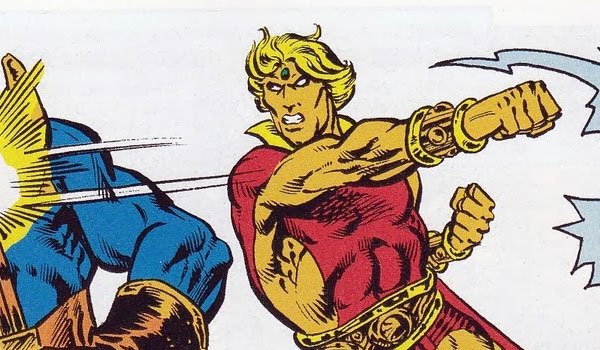
Soul Stone
Where We First Saw It: Sadly, we haven't actually seen it yet. While five of the six Infinity Stones have been revealed, the Soul Stone isn't one of them.
Where We Last Saw It: Again, this one hasn't made itself known just yet.
What It Does: We don't know exactly how the Marvel Cinematic Universe will be changing things up from the source material, but in the comics the Soul Stone is the most powerful of all the Infinity Stones. The one that wields it can not only manipulate both living and dead souls, but can actually be used to steal the abilities of gifted individuals. Going further, there is actually an entire Soul World that exists within the Soul Stone, and it's there that the essence of individuals go when they are absorbed. The comics have famously featured the Soul Stone embedded in the forehead of Adam Warlock, but given that's the relationship between Vision and the Mind Stone, we can probably expect that to change.

Eric Eisenberg is the Assistant Managing Editor at CinemaBlend. After graduating Boston University and earning a bachelor’s degree in journalism, he took a part-time job as a staff writer for CinemaBlend, and after six months was offered the opportunity to move to Los Angeles and take on a newly created West Coast Editor position. Over a decade later, he's continuing to advance his interests and expertise. In addition to conducting filmmaker interviews and contributing to the news and feature content of the site, Eric also oversees the Movie Reviews section, writes the the weekend box office report (published Sundays), and is the site's resident Stephen King expert. He has two King-related columns.
The LA Fires Destroyed His Oscars. How The Academy Went Out Of Its Way To Help The Avatar And Lincoln Creative
The Rookie EP Teases What Lies Ahead For Chenford After Those Wild Truth Serum Reveals, And I’m Tempted To Breathe A Sigh Of Relief
Some Jokester Created Internet Prank About Ryan Coogler Expanding His Sinners Universe, And I'm Just Cracking Up Over The Commenter Who Called It 'Sinematic Universe'







